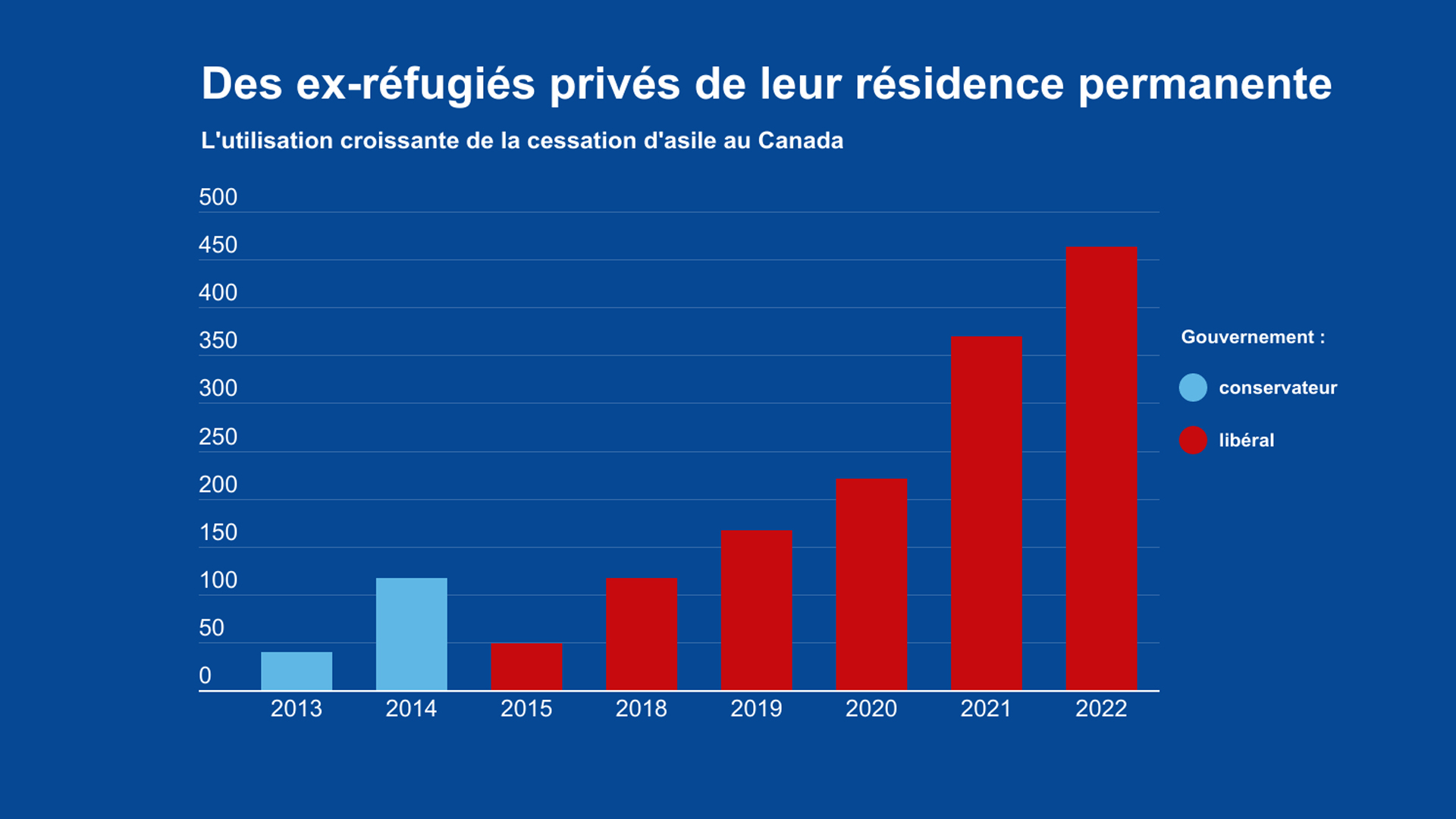
Eugene Lang makes important, wide-ranging observations about the scenarios we can expect to see unfold following the 2015 election, with a focus on the economy, foreign policy and the public service, with a nod to the law and order agenda. But there are other dimensions to the issues in the forthcoming election that also merit close scrutiny, including several that might be of particular interest to a generation voting for the first time and to what EKOS’s Frank Graves has called the “promiscuous, progressive vote.”
<spandIn 2006, conservative writers Ray Pennings and Michael Van Pelt published an article in Policy Options about the model of government that emerged after Pierre Trudeau’s election as prime minister. They described it as operating on a “pan-Canadian consensus” based on, among other things, tolerance and an “aggressive human rights polity.”
The authors argued that the consensus was shared by Liberal and Progressive Conservative governments alike.
True, federal policy agendas — regardless of the government of the day — rarely highlighted social justice issues, the rule of law or human rights considerations (especially in the medium-term policy framework). But the pan-Canadian consensus was implicit in all federal governments between the era of Pierre Trudeau and the first Harper regime. It was also a bone of contention among a large number of voters, especially social conservatives, who did not share its transformative vision for Canadian society.
Under the Stephen Harper Conservatives, Pennings and Van Pelt argued, the pan-Canadian consensus was being unravelled. In its place, a new consensus was emerging with less concern for multiculturalism, tolerance, or human rights.
The Toronto Star’s Thomas Walkom memorably dubbed it the “new, grim consensus.”
The Pennings-Van Pelt thesis may have been more speculation than diagnosis at the time, but it was perceptive, and today efforts to engineer the demise of the pan-Canadian consensus are not difficult to discern. Those efforts are central to key policy planks that will in all likelihood remain firmly in place if the Conservatives are re-elected in 2015, whether as a minority or a majority government. They will also change dramatically if the Liberals or the NDP are elected. In either case, we can expect to witness renewed openness to the pan-Canadian consensus and its commitment to tolerance, multiculturalism and human rights, albeit flavoured differently for red and orange. Still up in the air is whether the Liberals will revert to type, as Lang suggests, or try to forge a new path both at home and abroad.
Polling data suggest that the NDP’s tack to the centre and its embrace of the pan-Canadian consensus, in practice if not in name — including its stance on Bill C-51 and its more robust, pro-women position on child care — have made some Liberal voters look askance at their own party and over the fence to the Tom Mulcair camp.
Other issues of concern to this universe of voters include the place of Aboriginal peoples in Canada, reconciling civil liberties with the national security agenda, repairing the tattered relationship between the government and civil society, and ensuring the independence of the judiciary.
<spandThe last decade offers a good vantage point from which the Conservative policy path can be traced and its future extrapolated. One fil rouge has been the marginalization of the Canadian Charter of Rights and Freedoms, a shunning that began almost from the minute that the Conservatives were elected in 2006.
It was a multipronged effort. Conservative-minded judges were appointed who were ready to take an axe to the living tree of Canadian constitutional law. The public service was pruned in strategic areas, including environmental protections, statistics, and human rights. Pay equity in the federal public service was recast as something to be negotiated rather than a basic right. Child care costs were reframed as a payout (with amounts that would only cover a few weeks of child care) rather than a commitment to daycare spaces and a national program. Progressive civil society groups were defunded.
Once the Conservatives were re-elected with a majority in 2011, these policies continued along the same path, albeit at a higher velocity.
Several progressive organizations discovered that their charitable status was at risk following rhetorical attacks by federal officials followed by selective “political activities” audits by the Canada Revenue Agency. Environmental groups, Aboriginal activists, doctors and environmental advocates were variously labelled as radicals and ideologues. The slur-slinging was amplified for Aboriginal, environmental and international co-operation groups that were identified as security concerns or even as supporters of terrorism.
In 2015, the United Nations Human Rights Committee, in its first overview of Canada’s civil and political rights record for a decade, noted Canada’s alarmingly muscular deployment of national security legislation, the ongoing economic inequality for women and concerns about the rights and status of Aboriginal peoples, especially Aboriginal women. For the first time, the UN committee recognized the climate of fear and intimidation to which nonprofit organizations have been subject.
In response, the federal government has more or less shrugged.
Canadians will not see significant public policy change in Ottawa on any of these fronts if the Conservatives are re-elected in 2015. We can expect to see the pan-Canadian consensus continuing to unravel, along with the institutions that have served to nurture and support informed public policy discourse. The independence of the judiciary will continue to be challenged by overtly partisan appointments, including the appointment to our higher courts of people who, however competent, have had little or no judicial experience.
<spandLang has rightly identified the relationship between the public service and government as a key area of change, including the role of the public service in delivering policy-relevant research. But even if the Liberals win and re-embrace post-Enlightenment rationalism, it is not entirely accurate to characterize empiricism as a Liberal idea.
Michael Pitfield once described to me the attempt by the Trudeau-era Privy Council Office to set up a policy research arm “in the attic of the Langevin Block,” in an effort to shield analysts from the daily demands of the Prime Minister’s Office. That idea resurfaced when the Liberals created the Policy Research Secretariat in 2006. The organization continues to exist as Policy Horizons Canada, albeit with a reduced reach following its move from Privy Council Office to Human Resources and Skills Development Canada.
But the Progressive Conservatives also had a strong track record of evidence-based policy, or at least interest in what the evidence might have to say. They oversaw the creation of the Social Development Research Corporation in 1991, supported by Human Resources and Skills Development Canada, to engage in long-term, multisite demonstration projects. The organization continues today as an independent nonprofit social research and experimentation organization.
Where I think Lang has inverted the equation is not in the exceptionalism of the Liberals, but rather the present Conservatives’ curious disinterest in evidence-based policy and the resulting good citizen versus bad citizen/terrorist dichotomy they have created to distinguish their supporters from people who dissent.
Nowhere has this been more troubling than in the area of justice and human rights. In December 2012, Department of Justice lawyer Edgar Schmidt filed a lawsuit alleging that the department was failing in its duty to inform Parliament about defects in proposed new legislation. Schmidt’s court action seeks a declaration that the minister and the deputy minister of justice have not taken adequate steps to verify whether bills and regulations violate the Canadian Bill of Rights and the Charter.
According to Schmidt, the Department of Justice “had its lawyers apply only a flawed and minimal screening test. It does not identify and report on legislation that the department itself considers to be almost certainly illegal and unconstitutional.” It is important to underscore, as the Statement of Claim does, that this practice began around 1993, during a Liberal regime.
But the Conservatives’ hostility to the Charter and the erosion of the evidentiary substratum that might otherwise support policy initiatives have made heavy work for government lawyers, the courts and, ultimately, for Canadians. The result is that several legislative bills and policy initiatives, from mandatory minimum sentences to interim health care for migrants, have been considered and found unconstitutional before the courts.
Schmidt’s allegations have not yet been tested in court (the hearing date is set for September 2015). However, if accurate, they shine some light on the baffling lack of interest in, let alone compliance with, elementary human rights norms and the Constitution. Legislative schemes crafted in the so-called evidence-free zone, most recently seen in Bill C-51’s national security and anti-terrorism framework, have triggered the observation that the federal government has shifted from evidence-based policy-making to decision-based evidence-making.
The Conservatives are likely to stand pat on these law and justice issues and to continue their course, whatever the evidence or the law might say.
Judging from the NDP’s stance on Tory policies, from the mandatory long-form census and Bill C-51’s anti-terrorism legislation to mandatory sentencing, an NDP era will likely usher in a more favourable environment to policy processes that reflect some concern for effectiveness and Charter viability.
<spandThe ripple effects caused by tossing the Charter overboard have extended beyond the constitutional frailty of legislative bills and have undermined progressive civil society groups. Although the Liberals had been responsible for cutting core funding to many NGOs, the Conservatives took the practice to a new level.
Human rights organizations, women’s equality groups, immigrant and refugee settlement agencies, and international co-operation organizations — groups that had been longstanding partners of the federal government and provided the bedrock for much of Canada’s nongovernmental social infrastructure – found themselves isolated from public policy debates and discourse with federal public servants. Funding dwindled and in many cases disappeared.
With the possible exception of Canada Revenue Agency scrutiny of progressive charities, many of these strategies are not novel when viewed in isolation. However, the emerging pattern of their concerted deployment and combined effects against progressive civil society organizations is a new and disturbing development in this country.
To their credit, the Conservatives responded to widespread criticisms about the chilly climate with a new statement designed to foster an “enabling environment” for civil society groups working in the international context. The new International Development and Humanitarian Assistance Civil Society Partnership Policy was announced in February 2015, but little in the way of concrete measures has emerged beyond the statement itself.
Both the Liberals and the NDP have expressed outrage at the shuttering of once-important organizations like Rights and Democracy, the cuts to women’s equality organizations, and the full-on attacks against environmental groups. The Liberals have committed to ending the “harassment” of charities and the NDP have indicated that they will ensure that nonprofits are not penalized or intimidated for expressing their policy positions. A more favourable environment for civil society organizations is likely under a Liberal or NDP regime.
<spandA Conservative win will mean little change in the relationship with Aboriginal peoples. Internationally regarded as Canada’s worst human rights problem, Aboriginal issues have left the Tories frustrated and out of ideas. It is true that the Tories introduced the much-celebrated changes to the Canadian Human Rights Act that had prohibited First Nations’ access to equality protections on reserves. But the Conservatives cannot take complete credit for the idea, which dates back at least to the blue-ribbon La Forest human rights review panel in 2000.
The inequitable funding of care services for First Nations kids has been fought tooth and nail by the government before the Canadian Human Rights Tribunal. The petty vengeance meted out by federal officials against child rights advocate Cindy Blackstock, who has been subjected to reprisals and privacy violations, has become a leitmotif for the Conservative approach to Aboriginal issues.
In fairness, when in power the Liberals did not do much better in addressing systemic issues. The glacial pace of land claims settlements and the failure to address the structurally inadequate funding of, among other things, child care under their watch ensured these issues would come to haunt the Tories. In these respects, the Liberal “Real Change” promise to “renew” or “restore” the relationship are not enormously reassuring. More promising are the Liberal commitments to implement the recommendations of the Truth and Reconciliation Commission and to establish a national inquiry on missing and murdered Aboriginal women. The NDP has also made these commitments, although it has placed them in the context of a nation-to-nation relationship, which will sound reassuring to Aboriginal voters and their allies but raises questions about what, exactly, this will mean in practice.
<spandIn these and a host of other areas, the NDP benefits enormously from having no track record as a governing party at the federal level. It does not suffer from the “back to the future” ring to the “repair and restore” commitments that tinge many of the Liberal promises, because the NDP has no comparable past. As a former minister in a Quebec Liberal government, Mulcair has mastered the communication of subtle messages to Quebecers that will be clearly understood by soft nationalists, people who are committed to gender equality and youth and also environmental protections.
The careful reconstruction of a pan-Canadian consensus that favours social justice and human rights will be an important task for the Liberals and the NDP if elected, even if the elements that make up that consensus may differ depending on which is elected.
If the Conservatives triumph again, Harper’s most important legacy will be its definitive dismantling.
Pearl Eliadis is a Montreal-based lawyer whose practice focuses on human rights law and democratic governance. She teaches civil liberties in the Faculty of Law at McGill University and is affiliated with the Centre for Human Rights and Legal Pluralism.







